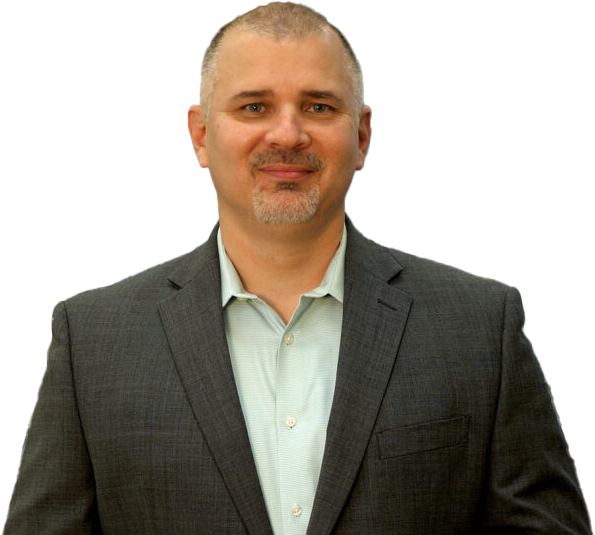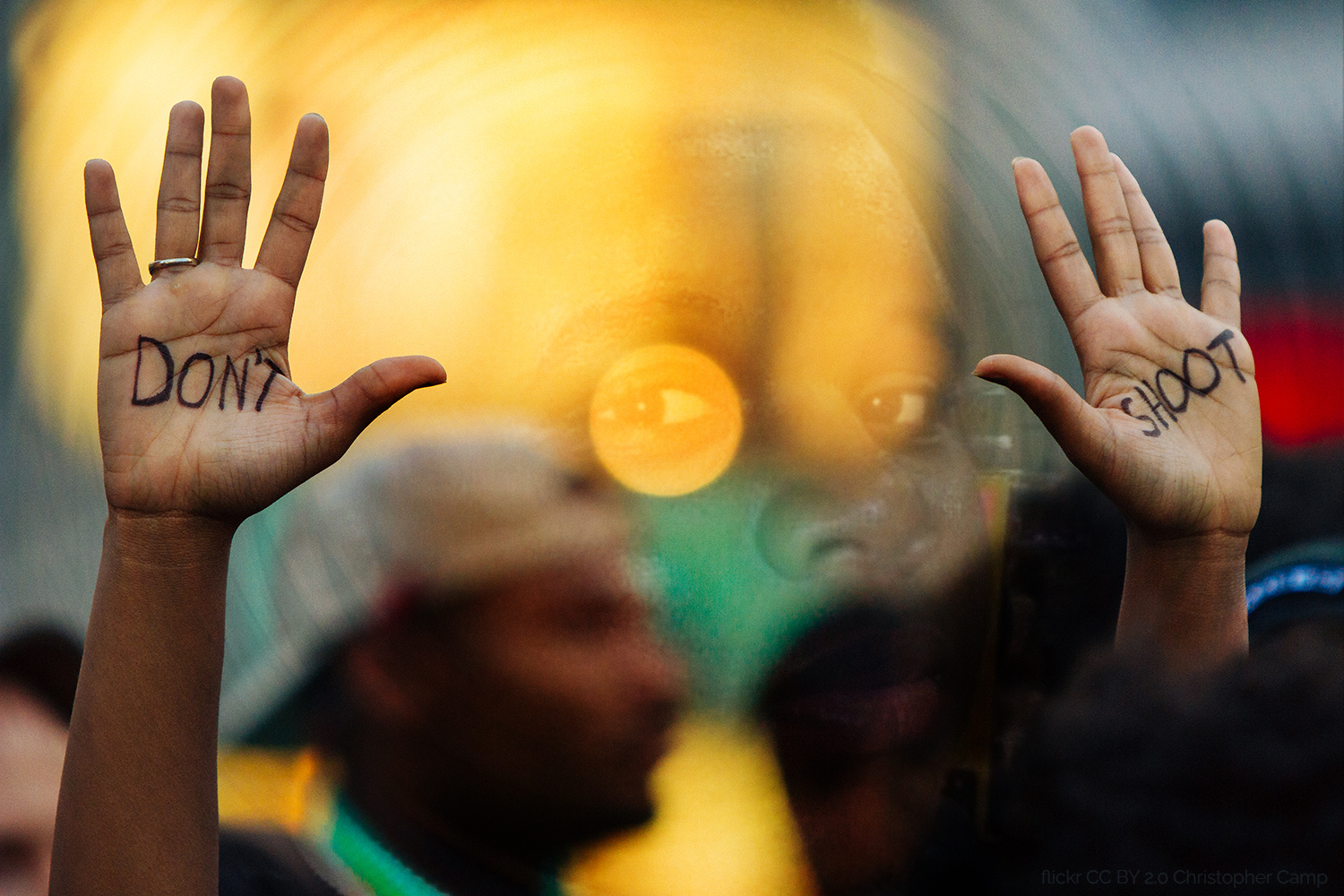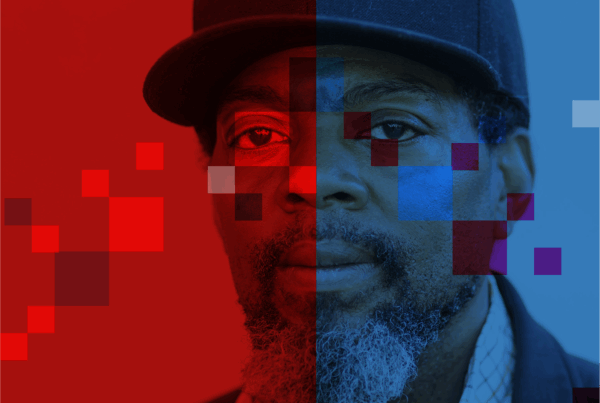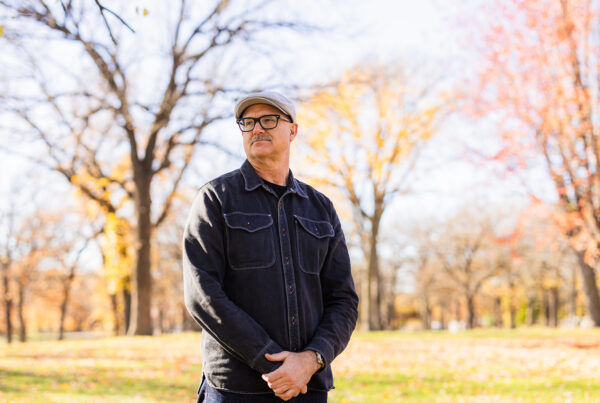Today is the 10 year anniversary of the killing of Michael Brown by police officers in Ferguson, Missouri.
Brown was 18-years-old when he died. His tragic death forced the nation towards a reckoning with the systemic violence that is ingrained within our criminal justice system, infiltrating everything from policing to bail setting practices.
As we reflect on this tragic loss of life that became a pivotal moment in a larger movement, it’s clear that the conversations and demands for change incited a decade ago are as essential now as they were then. We must continue our work to confront the enduring inequalities that plague our criminal justice system – from policing to bail and beyond.
The Dangerous Legacy of Government Underinvestment
The criminal justice system is built upon interconnected structures that reinforce one another. For many, including our clients, justice system-involvement occurs when people with unmet needs live in under-resourced communities where they can’t achieve stability.
When governments fail to invest in social services, the results can be disastrous. Black Americans have felt the impact of this underinvestment the most. They were denied housing loans for homes in certain neighborhoods, forcing them into “less desirable” parts of a community. These “red lined” neighborhoods were often neglected: they were the least likely to receive government services; the schools were of lower quality; the housing stock was often neglected. People experienced worsened health outcomes, as well.
These communities become over-policed in turn. Bias leads to excessive use of force and the possibility of high-risk police encounters. Then the court, through the cash bail system, puts a price tag on freedom and due process, increasing the likelihood that people will be incarcerated unnecessarily pretrial, before they are even found guilty of a crime. Even a short stay in jail can have tremendous consequences. Many times, those being incarcerated are struggling with symptoms of mental illness or homelessness, which are matters of public health, not safety. We’ve replaced hospital beds with jail cells and our nation’s jails have become the largest psychiatric facilities in the country.
We have ample evidence that robust community services make healthier and safer communities. When we provide good schools, good jobs, affordable housing, and access to health care, we can prevent justice system-involvement in the first place. There’s research that proves it: as the number of non-profits in a community increases, crime goes down. This is, in part, why we provide supportive services to our clients – what we do out of charity is a response to an inadequately resourced pretrial system. And a way to make our communities safer.
Discriminatory Policing Practices Lead to Cascading Tragedy
In the United States, these structural disadvantages accumulated in neighborhoods like Ferguson.
After Brown’s death, the police department in Ferguson became the subject of an investigation by the United States Department of Justice, which found “unconstitutional” policing practices that “compromised the character of Ferguson’s police department.” The Department of Justice stated that policing in the locality amounted to a “revenue generating” activity, instead of one focused on public safety. With these perverse incentives in place, people like Mike Brown faced unnecessary risk.
The department’s discriminatory policing practices also shaped its municipal court, “leading to procedures that raise due process concerns and inflict unnecessary harm on members of the Ferguson community.” Taken together, the Department of Justice explains that the police and court practices “exacerbate existing racial bias” and “racial disparities that adversely impact African Americans.”
A Call to Action
For many who had been previously untouched by and were unaware of these issues, Brown’s death was a moment of public outrage – as well as profound moral clarity – catalyzing demands for comprehensive reform and accountability.
Our work here at The Bail Project is part of this ongoing movement for social progress and justice. Our work is to keep alive the memories of those, like Brown, who are dehumanized through the failures of our criminal justice system. And to remember that our work for change, if enacted, can offer some remedy to the terrible tragedies and discrimination of the past.
Sometimes, progress is borne out of pain. My hope is that the urgency and necessity of our work is more evident in the wake and memory of this national tragedy. Let us not forget the passion that swept the nation, and the passion that exists inside each of us. Our passion is our power, a sleeping giant. And once it wakes, nothing will be the same.
Image: flickr CC-BY 2.0 Christopher Camp
Thank you for reading. The Bail Project is a 501(c)(3) nonprofit organization that is only able to provide direct services and sustain systems change work through donations from people like you. If you found value in this article, please consider supporting our work today.












